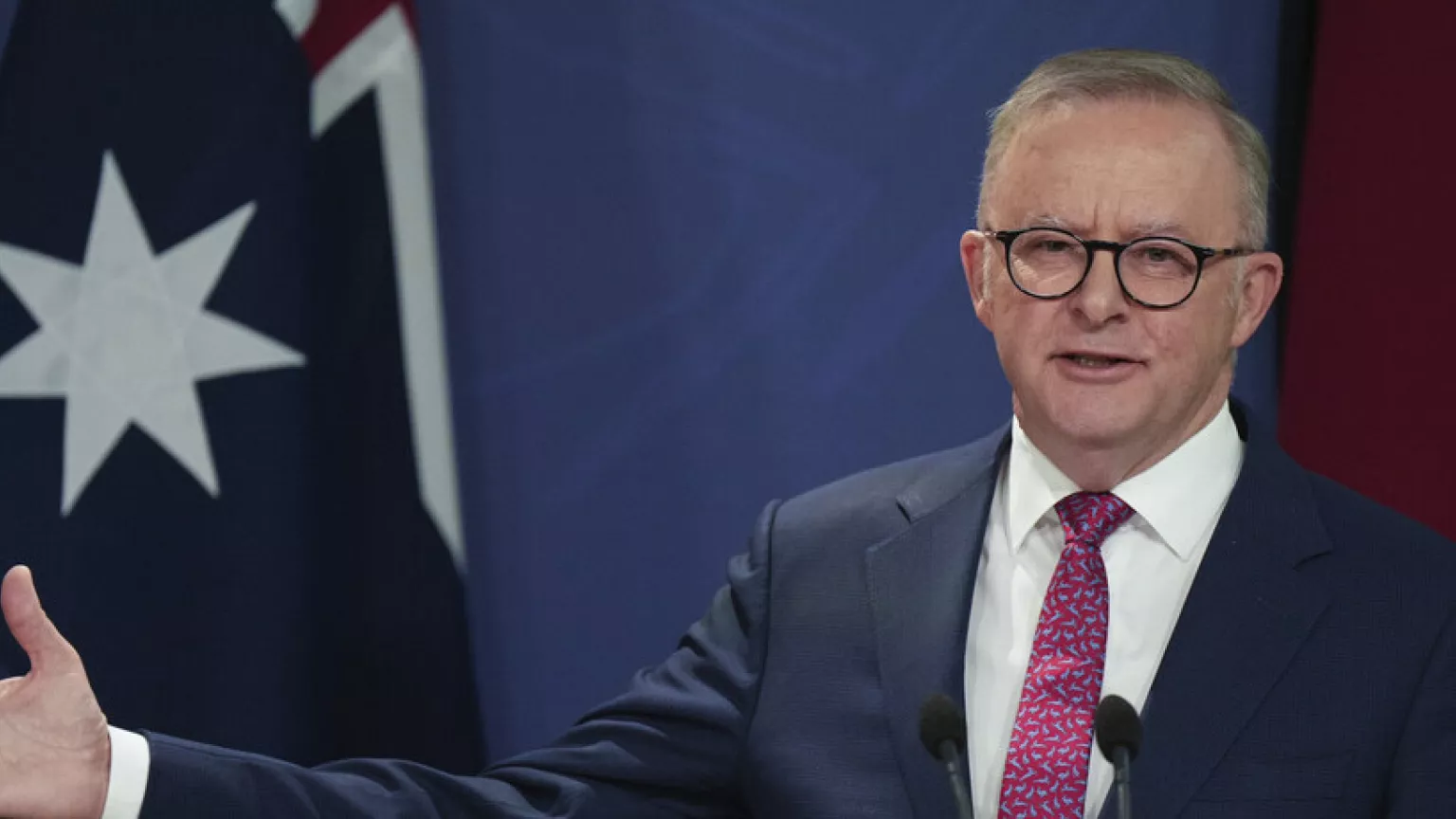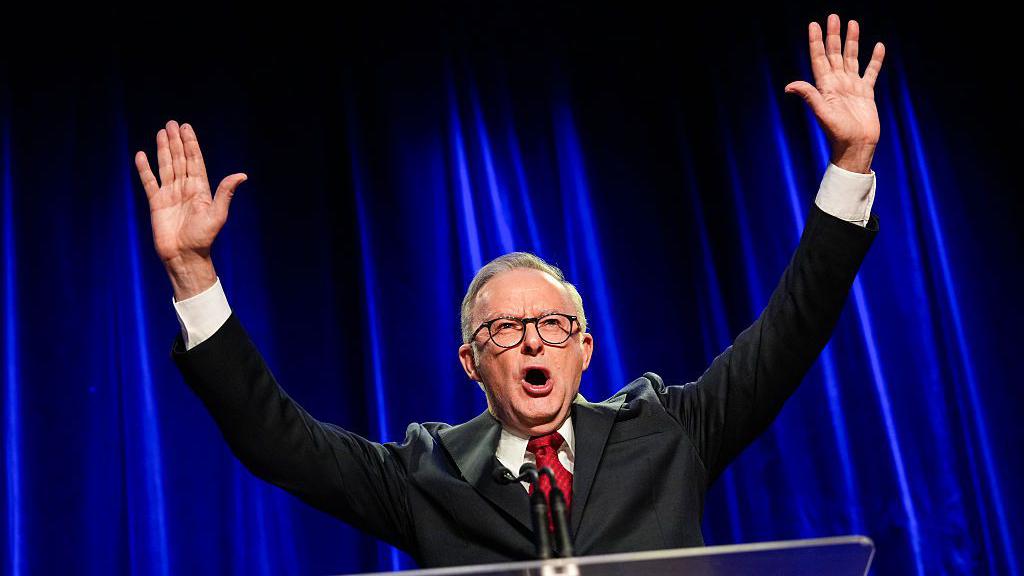The roar from Labor’s election night headquarters was deafening as television screens confirmed what few had dared predict: Anthony Albanese had not only secured re-election but delivered one of the most comprehensive victories in Australian political history. As results cascaded in from across the continent, showing Labor capturing seats that had been Liberal strongholds for decades, the Prime Minister etched his name into the record books as the first leader re-elected since John Howard nearly two decades ago.
The scale of victory stunned even seasoned political observers, with Peter Dutton suffering the ultimate humiliation of losing his seat while watching his party reduced to a parliamentary rump.
A Victory Beyond Expectations
Labor strategists had harbored quiet confidence about retaining government, but the magnitude of Saturday night’s triumph exceeded their wildest projections. The party’s internal polling had suggested Dickson was winnable as early as January, yet few anticipated the electoral avalanche that would follow. Seats tumbled like dominoes across the nation, with traditional Liberal territories falling to Labor candidates in commanding fashion.
The crowd at Canterbury-Hurlstone Park RSL Club erupted as Antony Green called Dickson for Ali France, delivering a blow that symbolized the Coalition’s broader collapse. Bennelong returned to Labor with a commanding 60-40 margin despite boundary changes favoring the Liberals. In Tasmania, the Coalition was virtually eliminated, with popular moderate Bridget Archer losing Bass and Labor senator Anne Urquhart capturing the supposedly safe Liberal seat of Braddon.
Dutton’s Downfall and Coalition Decimation
Peter Dutton’s defeat in his electorate represented more than personal humiliation—it crystallized Labor’s strategic masterstroke. Albanese had visited Dickson on both the first and final days of campaigning, signaling serious intent despite public skepticism. When questioned about whether he was merely “trolling” Dutton, Albanese’s response proved prophetic: “We’re very serious about it.”
The Coalition’s moderate wing suffered devastating losses, with seats like Deakin, Bonner, Forde, and Menzies—territories Labor hadn’t seriously contested in recent memory, falling to progressive candidates. Dutton’s cost-of-living campaign failed to resonate in targeted marginal seats, with Gilmore, Hawke, Hunter, McEwen, Lyons, Paterson, and Shortland all returning to Labor with increased margins.
A Progressive Mandate Emerges

Addressing jubilant supporters, Albanese framed the victory as validation of “Australian values”, fairness, aspiration, and opportunity for all. His speech emphasized themes of courage, kindness, and optimism, drawing implicit contrasts with what Labor characterized as Dutton’s negative, divisive campaign approach.
Foreign Minister Penny Wong’s remarks highlighted Australia’s multicultural identity, referencing “26 million people from more than 300 ancestries” and Indigenous heritage. She praised Albanese as demonstrating “real strength” through courage and compassion, qualities that resonated with voters seeking positive leadership.
Second-Term Priorities and Historical Significance
Rather than announcing new initiatives, Albanese focused on implementing existing commitments: accelerating renewable energy transition, delivering housing solutions, advancing Indigenous reconciliation, and strengthening social services. His measured approach reflected Labor’s recognition that ambitious first-term policies require sustained effort to achieve meaningful impact.
The Prime Minister’s achievement places him among Australia’s most consequential political figures. As the first re-elected leader since Howard, Albanese joins an exclusive club while potentially becoming Labor’s most influential figure since Bob Hawke. His increased majority provides an unprecedented opportunity to advance progressive reforms without the constraints that limited his first term.
Looking Forward
While Senate composition remains uncertain and the Greens lost House seats, Albanese appears likely to lead one of Australia’s most progressive parliaments. His historical legacy will depend on how effectively he utilizes this mandate to implement transformative policies on climate, housing, and social equity.
The election represents more than a partisan victory—it signals Australia’s embrace of optimistic, inclusive governance over divisive politics. As Labor supporters celebrated into the night, waving goodbye to Dutton’s concession speech, they witnessed not just an electoral triumph but a potential turning point in Australian political culture.

